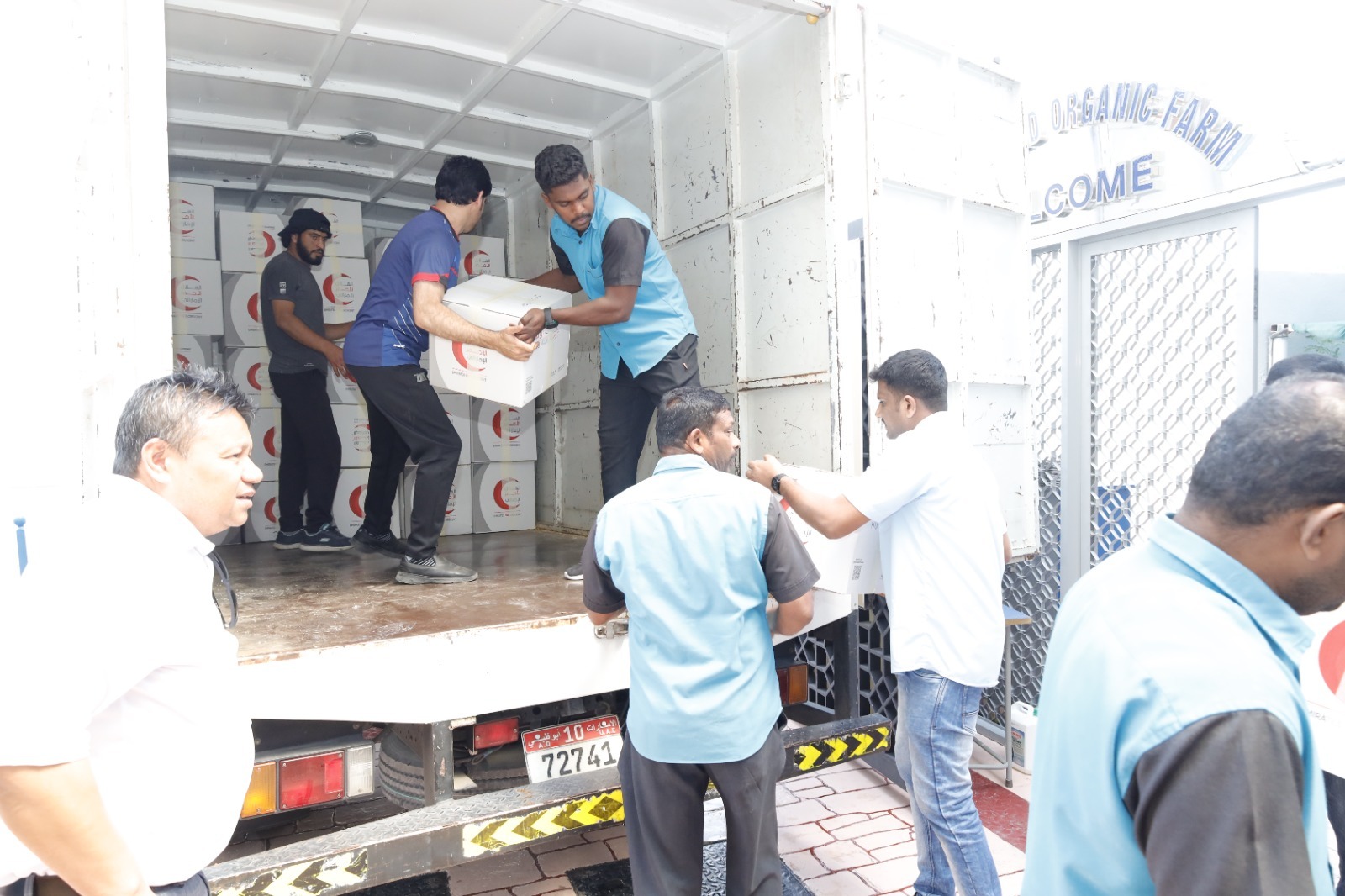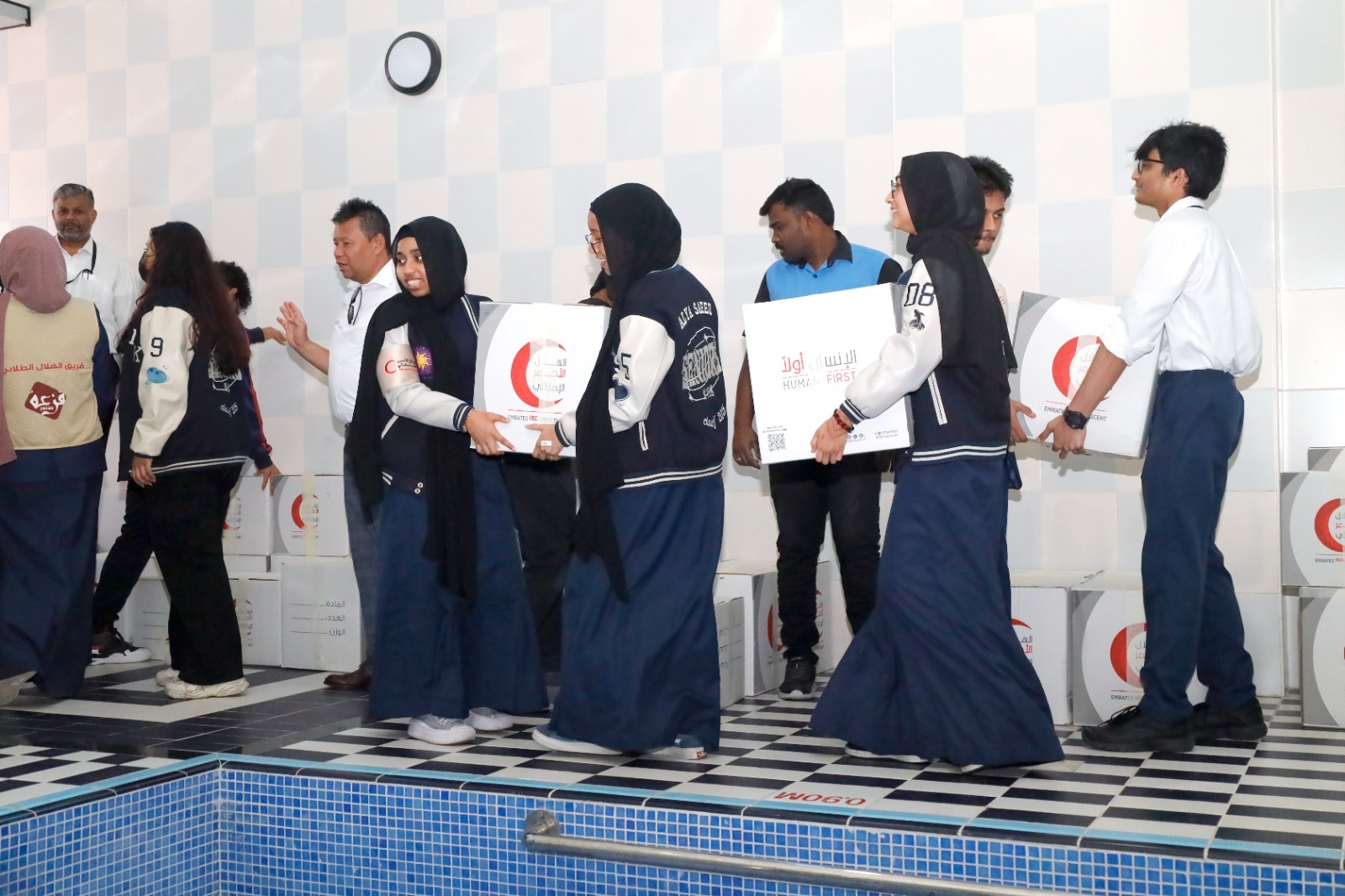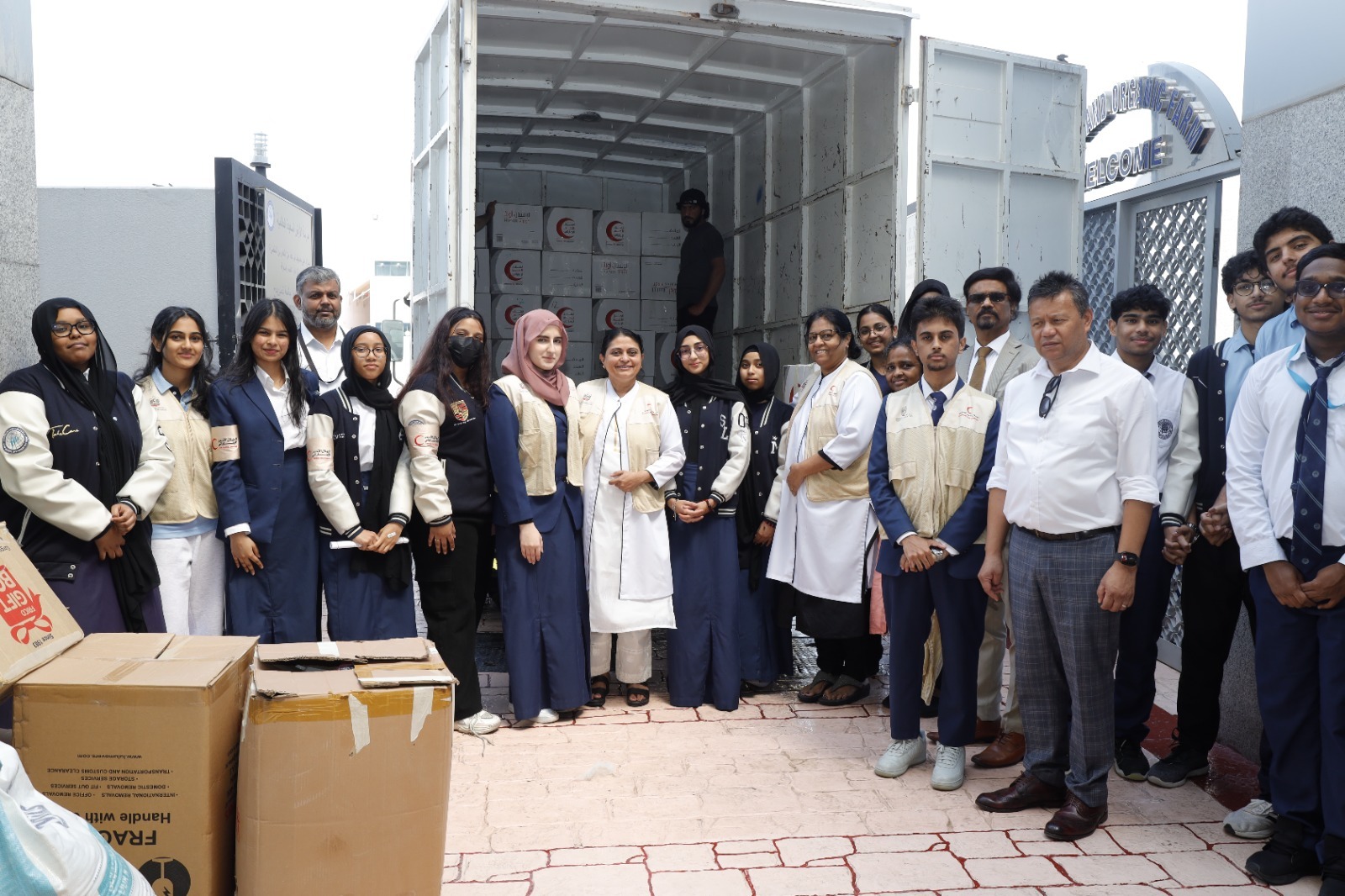
Generosity towards people in need has always been a distinctive hallmark of the UAE’s heritage. Since its founding in 1971, the UAE has delivered unconditional foreign assistance globally to support economic growth in developing countries and provide basic social services to communities in need to improve their quality of life.
The UAE foreign assistance helps communities reduce poverty, promote peace and stability, and protect the planet. It fosters mutually beneficial economic relations through expanding trade and investment ties with developing countries. At the same time, it focuses on specific segments of society with special attention to women and children during natural disasters and in conflict areas.
History of UAE Foreign Assistance
UAE foreign aid dates back to the country’s founding in 1971, with His Highness Sheikh Zayed bin Sultan Al Nahyan institutionalizing aid through the creation of the Abu Dhabi Fund for Development.
Over the years, various charitable organizations emerged, including Dar El Ber, Dubai Charitable Society, Zayed Charitable and Humanitarian Foundation, the Khalifa Bin Zayed Al Nahyan Foundation, the Mohammed bin Rashid Al Maktoum Humanitarian and Charity Establishment, Al Maktoum Foundation, and Sharjah Charity International. The creation of the UAE Red Crescent in 1983, marked an important milestone in enhancing the country’s humanitarian efforts.
In 2008, the government established the Office for the Coordination of Foreign Aid (OCFA), which evolved into the Ministry of International Cooperation and Development (MICAD) in 2013. In 2016, MICAD merged into the Ministry of Foreign Affairs, and in 2017, the UAE Foreign Assistance Policy was introduced to ensure aid effectiveness.

Emergency and Humanitarian Response
The UAE provides humanitarian aid to save lives, alleviate suffering, and protect dignity in crises, contributing through over 40 charities, foundations, government entities, and private companies. Dubai’s International Humanitarian City, the world’s largest humanitarian hub, supports these efforts. Given the growing scale of global humanitarian challenges, particularly in the MENA region, the UAE plans to increase its relief efforts, dedicating at least 15% of its foreign aid to humanitarian causes. The UAE’s strategy includes both direct emergency responses and contributions to multilateral organizations to strengthen the global humanitarian system.
The assistance provided encompasses, but is not limited to:
- Provision of medical and relief supplies to conflict zones, along with medical services, basic health infrastructure, and infectious disease control measures
- Delivery of food aid to vulnerable communities
- Construction of schools and early childhood development centers, as well as initiatives to raise awareness on child safety and rights
- Development of housing, urban infrastructure, and management systems
- Deployment of Search and Rescue (USAR) teams in response to natural disasters
- Establishment of water stations, desalination plants, and other water-related projects
- Financial support for renewable energy projects, including solar power plants
- Funding for the conservation of endangered species
- Support for programs aimed at addressing violence, abuse, and assisting victims of human trafficking

Merryland is deeply involved in humanitarian efforts and charity initiatives through the Merryland Cares program, established by our cherished founder, Mrs. Susheela George. The school promotes student involvement in volunteer service activities and cultivates a sense of responsibility, helping to shape a generation of active and engaged citizens.
Students take part various activities like beach clean-up drives and organize annual events such as bake sales to raise funds in support of breast cancer patients.
In alignment with ADEK guidelines, the school actively implemented ‘Service Learning Fridays’ during the holy month of Ramadan. Students participated in a variety of charitable and community-focused initiatives, including organizing donation drives in collaboration with the Red Crescent, collecting and packaging Iftar supplies, and creating kindness cards for patients and thank-you cards for workers. They also visited schools for students of determination, engaged in recycling efforts, sorted books for a book drive, contributed to the school garden, and led awareness programs and workshops on topics such as the UAE’s humanitarian vision, mental health and well-being, stress management, inclusion, sustainable energy, and cultural exchange.


